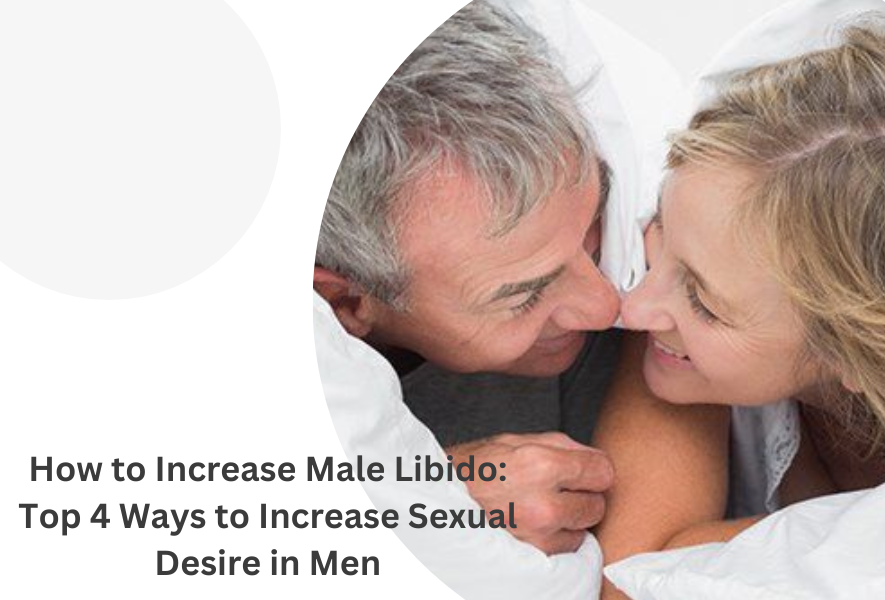Male Libido, or sexual desire, is a fundamental aspect of human health and wellness. It’s a complex blend of biological, psychological, and sociocultural elements. For various reasons, many men may experience a decline in libido at different points in their life, causing anxiety and affecting their overall quality of life. Fortunately, there are several strategies that can help to naturally boost and sustain male sexual desire. Here are the top four ways to increase libido in men.
The Effective Erectile Dysfunction Medicine Sildalist 120 Cenforce 200 Cenforce 100
Healthy Lifestyle Habits
The foundation for a healthy libido begins with maintaining good overall health. Here are some habits to develop:
Regular exercise:
Physical activity boosts testosterone levels, improves mood, enhances stamina and can increase sexual desire and performance. Find an exercise routine that you enjoy and suits your fitness level—this could be anything from brisk walking to weightlifting.
Balanced diet:
A diet rich in lean proteins, fruits, vegetables, whole grains, and healthy fats can improve cardiovascular health and increase blood flow, which is crucial for sexual health. Certain foods such as oysters, dark chocolate, and watermelon are often regarded as aphrodisiacs and can potentially boost libido.
Adequate sleep:
Lack of sleep can significantly reduce testosterone levels, leading to a drop in sexual desire. Prioritizing 7 to 9 hours of quality sleep each night can help maintain hormone balance and overall health.
Moderate alcohol:
While a glass of wine may help set the mood, too much alcohol can impair sexual performance and reduce libido. Try to stick to moderate drinking guidelines.
Stress Management
Chronic stress can wreak havoc on your hormone levels, leading to reduced sexual desire. Various stress management techniques can help improve libido:
Mindfulness and meditation:
Mindfulness practices such as yoga and meditation can reduce stress, improve mental clarity, and enhance mood—all factors that can improve Male Libido.
Therapy and counseling:
If stress or anxiety are severe, consider seeking help from a therapist or counselor. They can provide techniques and strategies to manage stress and anxiety effectively.
Open Communication
Open communication with your partner about your desires and any issues that might be affecting your libido is crucial. It can help to ease anxiety, foster intimacy, and enhance sexual satisfaction. If necessary, seeking help from a sexual therapist can offer further guidance and tools to improve communication and sexual connection.
Medical Checkup
If lifestyle modifications aren’t improving your libido, it might be time to consult a healthcare provider. Certain medical conditions like diabetes, heart disease, low testosterone, and some medications can cause a decrease in sexual desire. Regular check-ups will help identify any underlying health issues that might be affecting Male Libido. In some cases, your doctor might recommend hormone therapy or other treatments to address these issues.
Conclusion
It’s important to remember that fluctuations in sexual desire are a normal part of life and often reflect changes in health, stress levels, and relationship dynamics. By adopting healthy lifestyle habits, managing stress, communicating openly with your partner, and staying on top of your overall health through regular medical checkups, you can help to maintain a healthy libido. If you’re still struggling, don’t hesitate to seek help from a healthcare provider or a professional counselor. Your sexual health is a vital part of your overall well-being and deserves care and attention.


